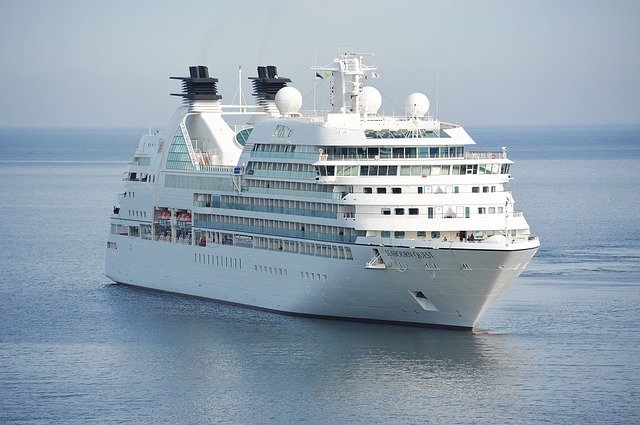This Content Is Only For Subscribers
In a recent development for the cruise industry, New Zealand’s government has announced an 88 per cent hike in the processing fees causing outrage in the cruise industry from Cruise Lines International Association Australasia and New Zealand Cruise Association.
This increase, set to take effect December 1, is part of a broader review of border processing levies by Customs New Zealand and the Ministry for Primary Industries.
In response, a Customs spokesperson says: “Border Processing Levies enable Customs and the Ministry for Primary Industries to fund services which manage border risks such as biosecurity threats and stop harmful and illegal items crossing the border, while allowing for the efficient movement of travellers.”
The spokesperson further clarified that Customs and MPI are currently consulting on options for recovering the costs of border processing for air and maritime travellers. While most of the six Border Processing Levies are proposed to either remain unchanged or be reduced, the levy for arriving cruise ship travellers is set to increase.
The spokesperson highlighted that the general level of inflation and rising costs have also contributed to the need for this fee increase.
“When balanced against a reduction in the charge for departing cruise ship travellers, the proposed net increase is around $7.82 per cruise ship traveller,” they say.
“This increase is aimed at enhancing the management of risks at the maritime border. Specifically, it will cover the costs of the New Zealand Traveller Declaration, which digitises the arrival process for cruise ship travellers, and additional maritime security functions. These measures are necessary to address increased illicit activity and risks associated with maritime activities.”
Customs New Zealand says the consultation details, available on the Customs website, provide further insights into the proposed changes and the rationale behind them.
Inside Tourism has reached out to New Zealand Cruise Association for comment but had not heard back at time of publication.



